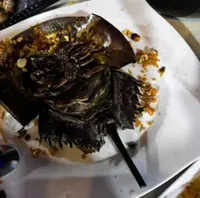PETALING JAYA: Using poison to deal with human-wildlife conflicts is against the law, say ecology activists.
Citing the Wildlife Conservation Act 2010, Ecotourism and Conservation Society Malaysia president and chief executive officer Andrew Sebastian said those facing high frequencies of wildlife conflicts should seek the authorities’ help instead of taking matters into their own hands.





